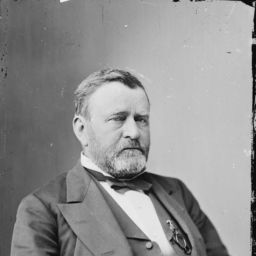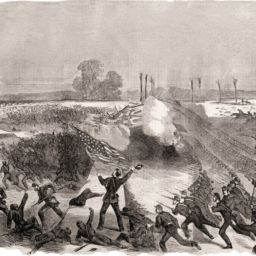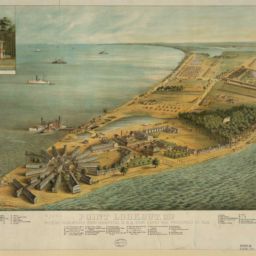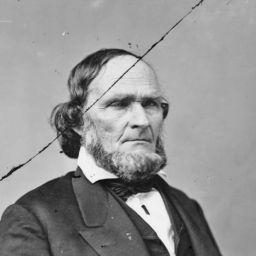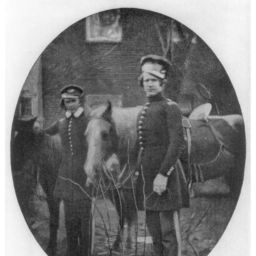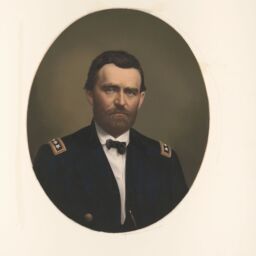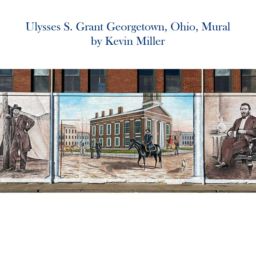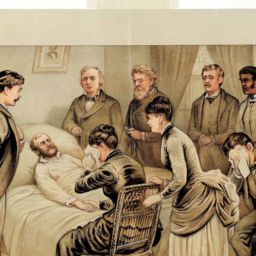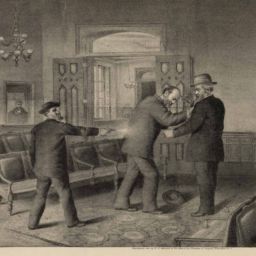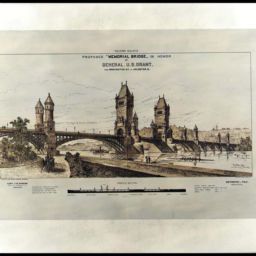
From Personal Memoirs of U.S. Grant (1885):
The framers were wise in their generation and wanted to do the very best possible to secure their own liberty and independence, and that also of their descendants to the latest days. It is preposterous to suppose that the people of one generation can lay down the best and only rules of government for all who are to come after them, and under unforeseen contingencies. At the time of the framing of our constitution the only physical forces that had been subdued and made to serve man and do his labor, were the currents in the streams and in the air we breathe. Rude machinery, propelled by water power, had been invented; sails to propel ships upon the waters had been set to catch the passing breeze—but the application of stream to propel vessels against both wind and current, and machinery to do all manner of work had not been thought of. The instantaneous transmission of messages around the world by means of electricity would probably at that day have been attributed to witchcraft or a league with the Devil. Immaterial circumstances had changed as greatly as material ones. We could not and ought not to be rigidly bound by the rules laid down under circumstances so different for emergencies so utterly unanticipated. The fathers themselves would have been the first to declare that their prerogatives were not irrevocable. (220–221)
Full credit to public historian Nick Sacco of the Exploring the Past blog who tweeted this Grant’s Memoirs passage on the morning of June 25, 2022—(“In case anyone is curious about Ulysses S. Grant’s views on interpreting the Constitution.”)
"It is preposterous to suppose that the people of one generation can lay down the best and only rules of government for all who are to come after them, and under unforeseen contingencies.... The fathers themselves would have been the first to declare that their prerogatives were not irrevocable."
Ulysses S. Grant, Personal Memoirs of U.S. Grant, 1885


